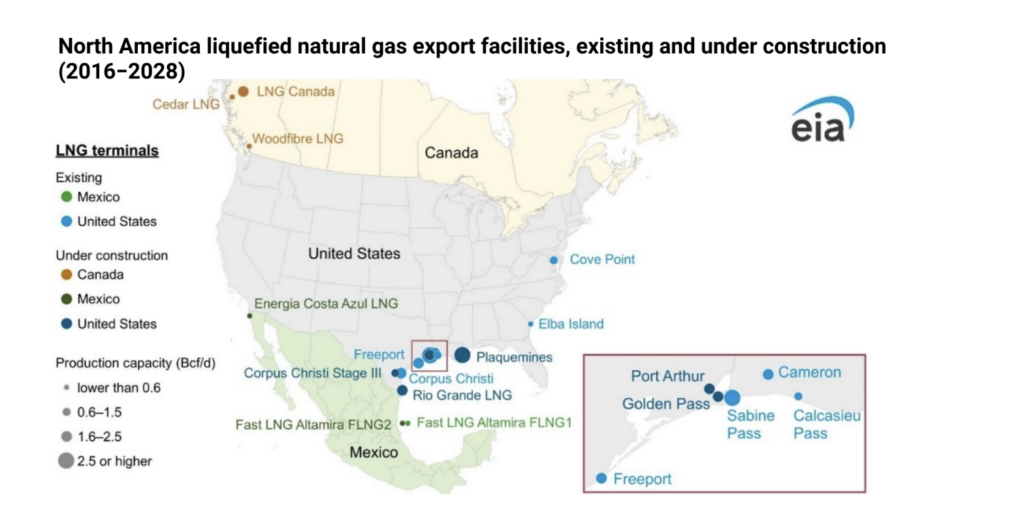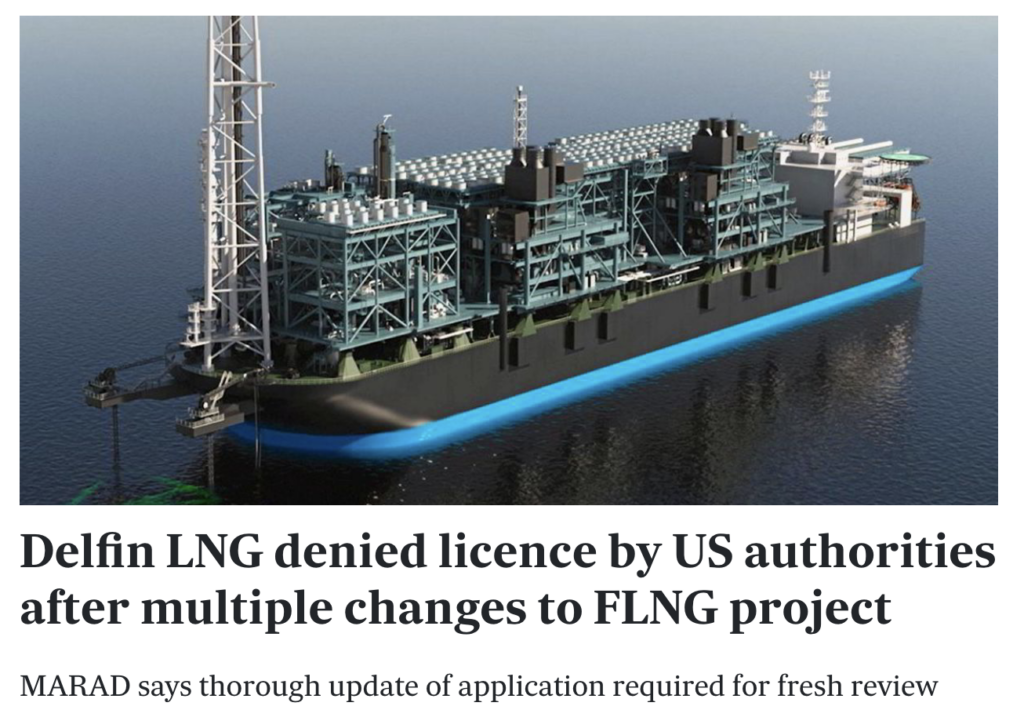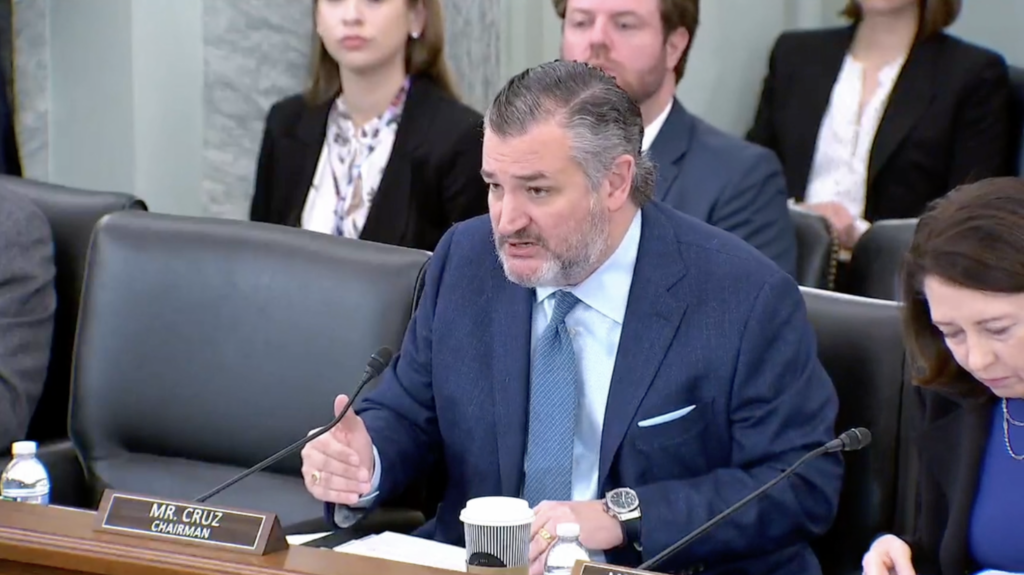|
Getting your Trinity Audio player ready...
|
At this week’s Transportation Secretary hearing, Senator Ted Cruz accused the Biden Administration of “thoughtlessly and needlessly” forcing the Delfin LNG project to restart its application from scratch, “after slow-walking it for more than five years.”
But Cruz has it wrong. Delfin made major changes to their application that didn’t align with what was originally approved, wasting valuable federal resources and taxpayer money—and they’re not the only ones struggling to prove new offshore LNG export terminals are in the public’s best interest.
What is the Delfin LNG Project
Delfin LNG is one of many new and expanding LNG projects concentrated in Texas and Louisiana that are facing widespread opposition due to the harmful impacts fracking and LNG exports have on air and water quality, as well as their contribution to the climate crisis. Despite these concerns, Senator Cruz has been a vocal advocate for expanding LNG export capacity through projects like Delfin. This push comes even as the U.S. already holds the title of the world’s largest LNG exporter and global demand for U.S. LNG declines.
Texas-based Delfin Midstream is heavily invested in exporting domestically fracked gas from “floating” LNG export terminals to international buyers. The Delfin LNG project was their flagship effort to get into the export game with an LNG export terminal located off the coast of Cameron Parish, Louisiana that would receive gas from onshore pipelines, liquefy it on-site, and then load it onto LNG carriers for global distribution. Delfin could make record-breaking profits at the expense of the marine environment and frontline communities—including Cruz’s own constituents. Delfin Midstream has already invested millions in pipelines, compressor stations and tankers for the project, so they are pushing hard for federal approval of their offshore port.

The Truth Behind Delfin’s Application Denial
On March 13, 2017, two years after the application was received, the Maritime Administration (MARAD) approved the Delfin LNG project with certain conditions outlined in a Record of Decision (ROD). However, Delfin LNG failed to comply with the original conditions of the ROD and made significant changes without the required review, ultimately causing the project to fall out of compliance. If Delfin LNG wants to pursue the project, they will have to reapply.
“In the seven years since the ROD was issued, widespread changes were made to the project, including to the project ownership, design, financing, and operations,” MARAD said in their decision. “These changes resulted in a revised proposal that is not the same as that approved under the ROD, and as noted below, will require a thorough, statutorily required, interagency and public review.”

Exporting More LNG Can Jeopardize Energy Independence
Contrary to Cruz’s and Trump’s stated values, increasing LNG exports risks undermining energy security and affordability. Exporting large quantities of LNG threatens energy independence by straining domestic reserves, leaving the U.S. more vulnerable to supply shortages during extreme weather events, geopolitical conflicts, or unexpected demand spikes. Expanding LNG exports further embeds the U.S. in volatile global energy markets, making domestic energy prices more susceptible to international events and competition.

Other Offshore Applications Highlight Issues Facing the LNG Industry
Delfin LNG is not the only company struggling to prove their proposals for new offshore LNG export terminals are in the public’s best interest.
- West Delta LNG: on hold for six years because applicants can’t demonstrate financial capability, compliance with navigation and high-seas use, and use of best technology to minimize environmental impact. In a recent letter, LNG 21’s CEO cited “broader challenges in the LNG industry” as reasons for needing more time.
- New Fortress Energy FLNG: Since October 2022, MARAD has been waiting for an updated, safer design of the project that the applicant has yet to provide. This setback is particularly damaging to New Fortress, which had planned eight more projects in Texas and Louisiana and invested hundreds of millions in old platforms.
Putting Public Interest Above Corporate Influence
Delfin LNG and other company’s inability to support their project plans undermines the crucial review process that federal agencies like MARAD use to assess a project’s impact on communities, the environment, and the economy. Our senators should support a review process that prioritizes the public’s interest, not align with corporate interests that undermine responsible decision-making for the benefit of fossil fuel executives.
